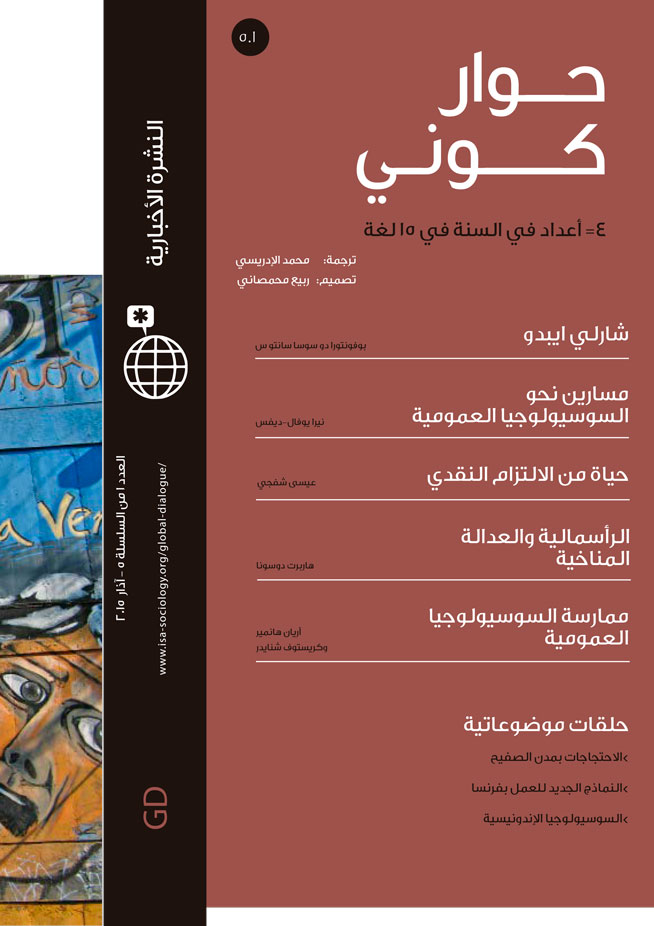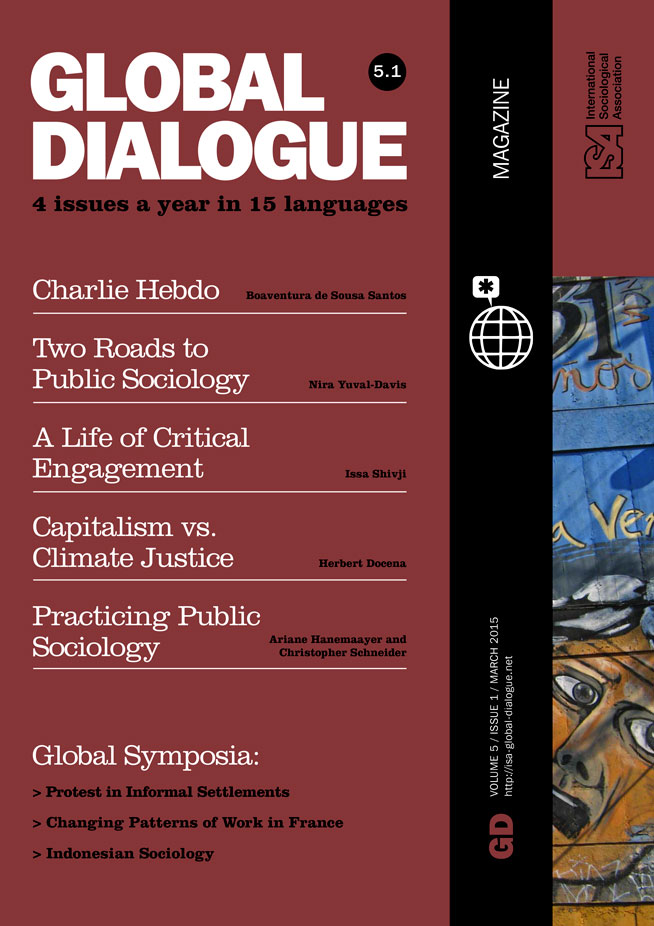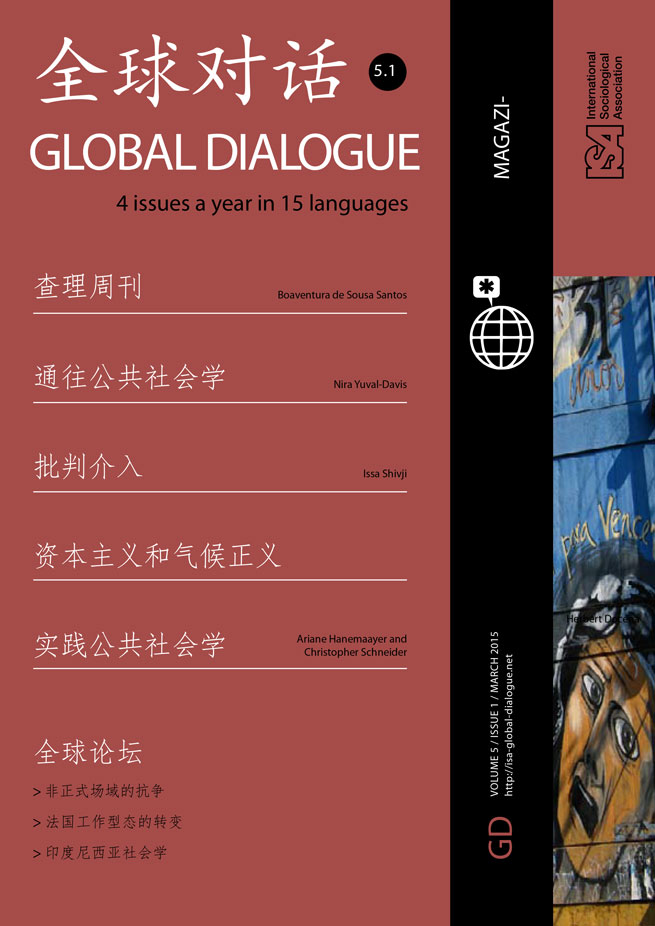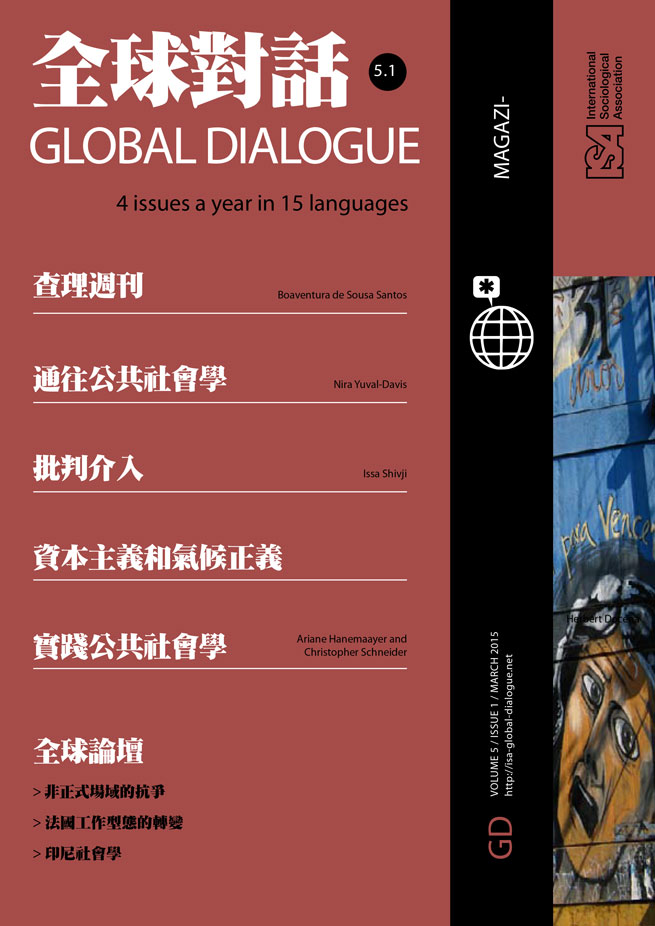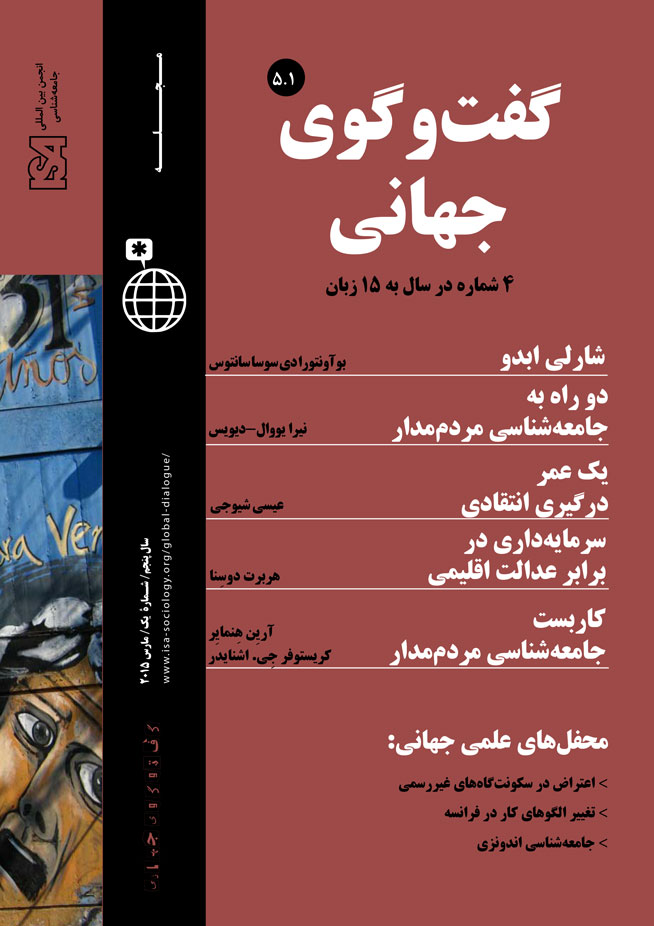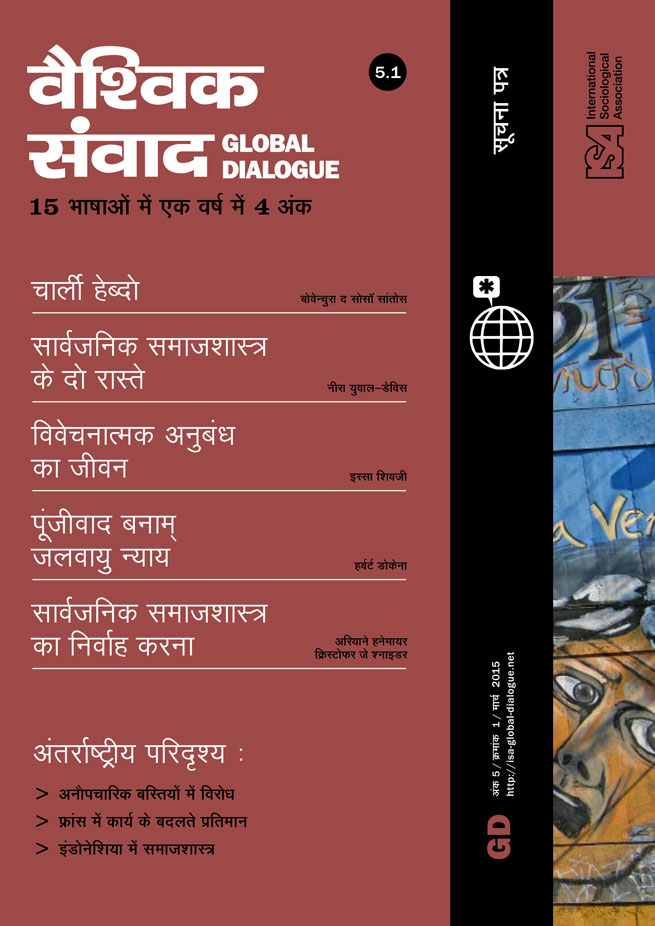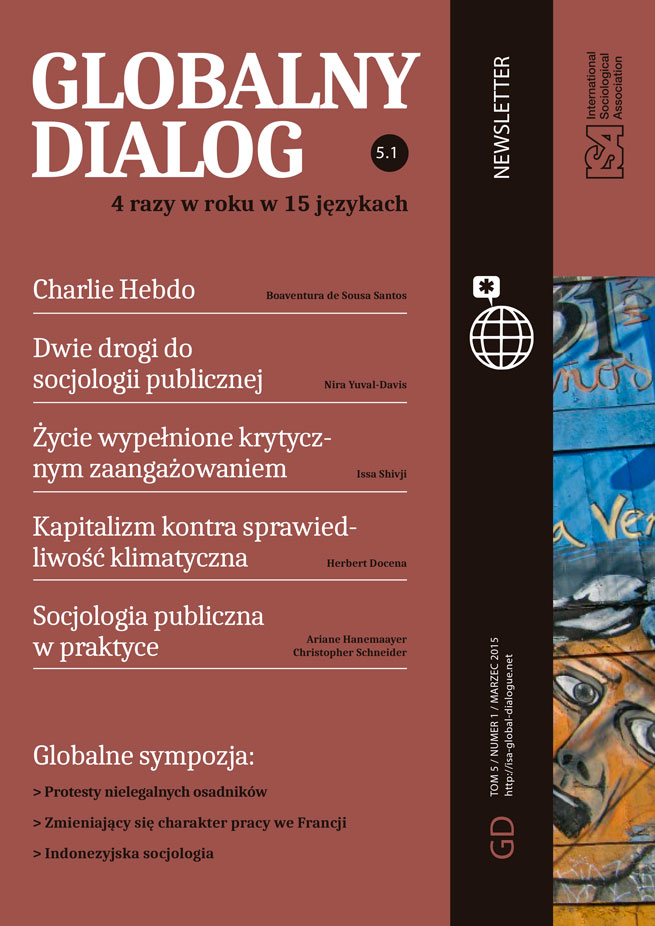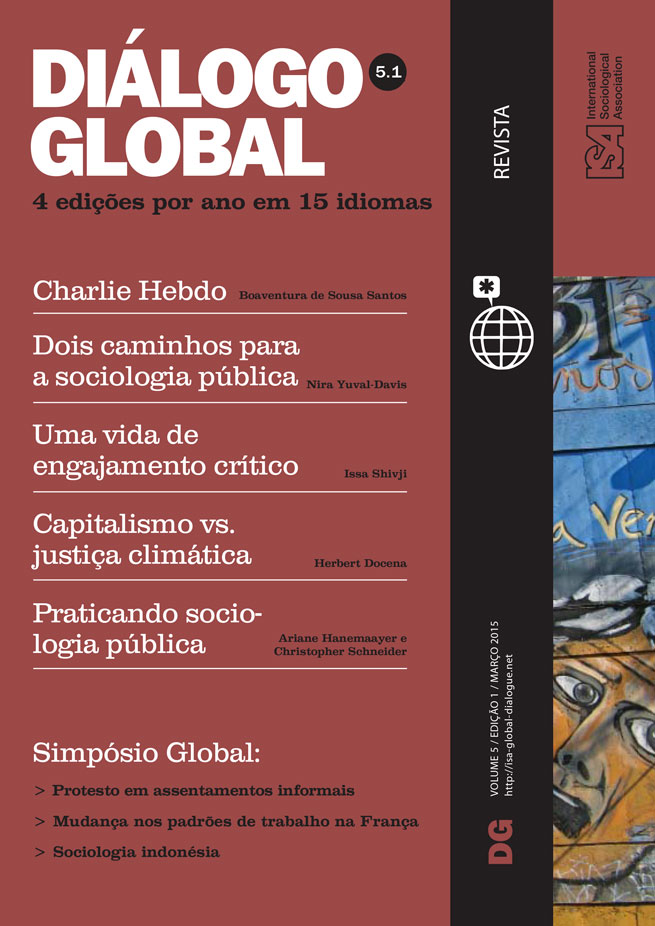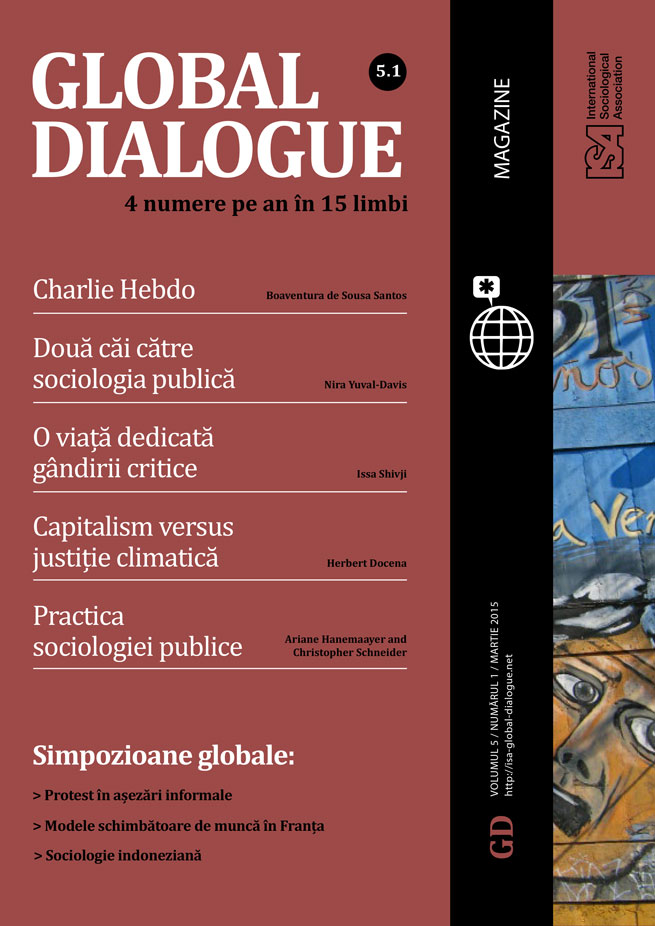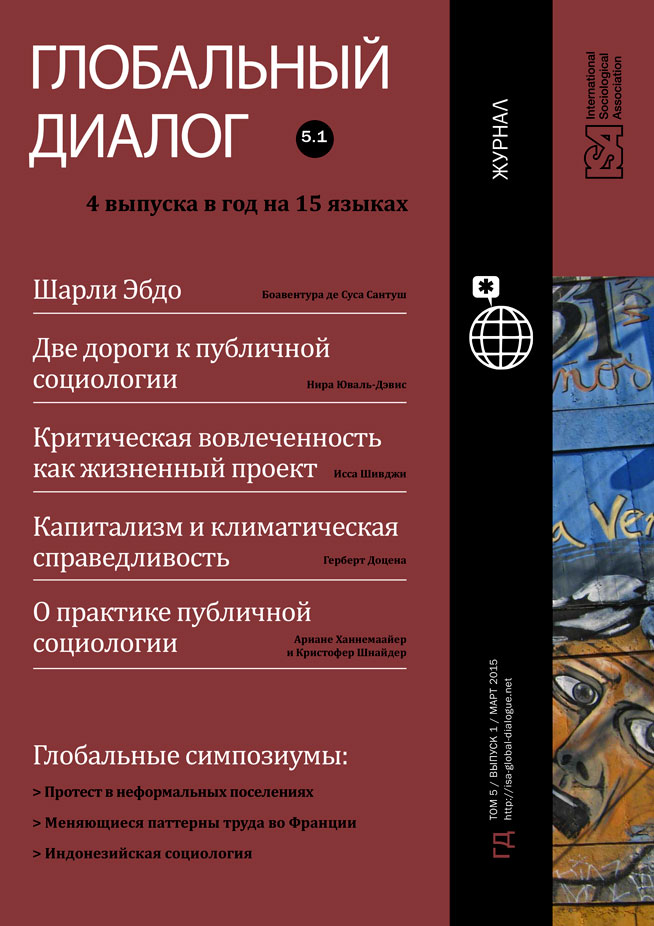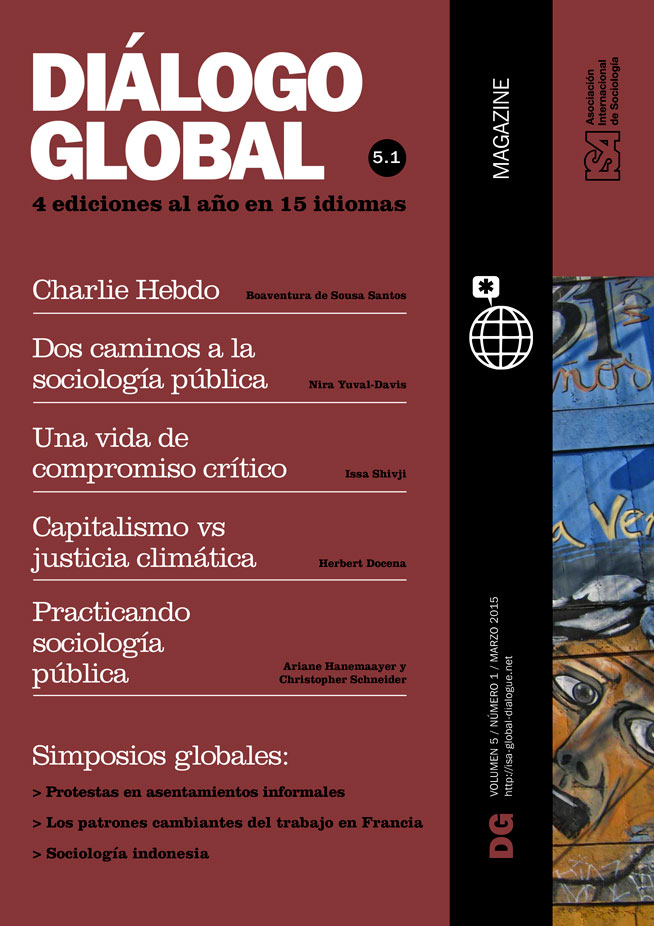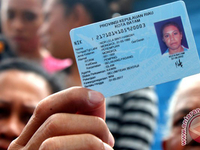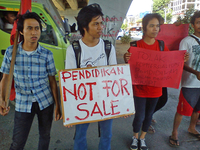Stimulating Upward Mobility in Indonesia
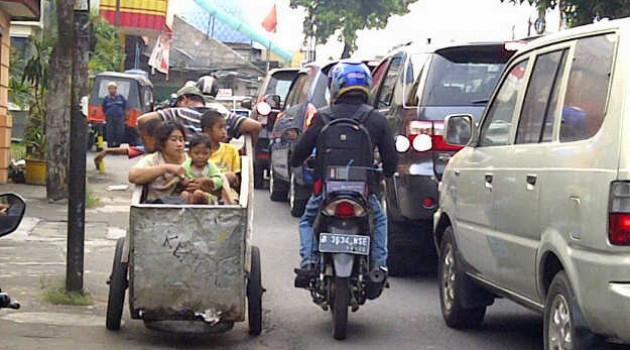
February 22, 2015
Indonesia experienced tremendous economic recovery after the 1997 Asian financial crisis, going from a low middle-income country to joining the G-20 group. In addition, Indonesia has attained political, financial and economic stability, and become one of the world’s largest democracies (World Bank, 2014a). Despite impressive growth, inequality is also rising, as evidenced in Indonesia’s Gini coefficient, which rose from 0.33 in 1999 to 0.41 in 2011. This increased inequality may lead to slower poverty reduction, decelerated economic growth, and increased conflict and social tension. Moreover, inequality both reflects and creates unfair access to public services: a child from the bottom decile of the population has a 43% likelihood of being physically stunted, compared to only 14% for the top decile. Likewise, the probability of dropping out of school is far higher for children from poorer homes: 71% of the lowest decile will leave school early, compared to 26% from the top (World Bank, 2014b).
For many years, inequality in Indonesia has been most obvious in unequal opportunities for upward social mobility. Which people are most successful in improving their social position, and what factors produce upward social mobility? My research examined inequality in the urban areas of two provinces, West and East Java, drawing on the longitudinal data compiled by the Indonesian Family Life Survey (IFLS) 1993-2007. The sample includes 1,177 men and women aged 20-64.
Opportunities for upward social mobility in urban Indonesia are greater for individuals from higher social classes than for lower-class Indonesians (Pattinasarany, 2012). The data shows around 27% social mobility from lower to middle classes compared to 45% from middle to upper classes. In fact, opportunities for social mobility barely exist in the lowest classes. In Indonesia, as in much of the world, the lower the social class, the smaller the chance for upward mobility. As well as class rigidity, there is also positional rigidity, keeping most respondents in the same class as their parents.
With regard to gender, men are more likely to move upward than similarly-situated women, especially for those who start out in the lower social class. The demands on women to fulfil gender roles, in the household as well as in professional life, complicate women’s careers, limiting their upward mobility. Education clearly influences upward social mobility in Indonesia. The higher the education level the greater the opportunity for upward social mobility. Paternal social class has the strongest influence on respondent’s class, while respondent’s education is the second strongest variable.
My qualitative research in rural Java supports the results of quantitative studies that lower-class individuals find it difficult to move into the middle or upper classes. However, there are some interesting exceptions whereby people from lower classes rise to the middle class, even without schooling. Here are three examples.
- Many Indonesians opt to work abroad as migrant workers, mostly as domestic workers (usually women) and factory or construction workers (mainly men). Decisions to work as migrants are mainly driven by the lack of job opportunities for less-educated Indonesians. Moreover, migrants may earn more than they could in Indonesia for a similar work and many send remittances to relatives living in villages. With these remittances families may move into a higher social class.
- Another path is through the inter-generational transmission of special skills. A community in Garut (West Java) is famous for producing the best men’s barbers in Java. For decades, this skill has been passed on from one generation to the next. Most successful professional hair clippers temporarily work outside their village in big cities such as Jakarta. Through their specific skills as barbers, many have successfully raised their family’s economic and social status.
- Thirdly, entrepreneurship offers an alternative path for moving up the social ladder. In most villages there is a small number of entrepreneurs who usually start as self-employed, but later moving on to micro-scale enterprises, and some even manage to expand their business into neighboring villages. They typically work in small shops, restaurants or trade. Depending on the location, some of these entrepreneurs may start their business with credit from bank or government programs or through corporate social responsibility programs. Successful entrepreneurs may be able to advance into higher social classes.
Further studies to explain and overcome the rigidity of Indonesia’s class structure, in particular the lack of upward mobility for those at the bottom of the income ladder, are ongoing. These studies are expected to open up discussion of potential government and private sector programs to mitigate unequal opportunities for social mobility.
References
Pattinasarany, I. R. I. (2012) Intergenerational Vertical Social Mobility: Studies on Urban Society in the Province of West Java and East Java. PhD Dissertation, Department of Sociology, Graduate Program, Faculty of Social and Political Sciences, University of Indonesia, Depok.
World Bank (2014a) “Indonesia: Avoiding Trap.” Development Policy Review 2014. Jakarta: The World Bank Office.
World Bank. (2014b) “Understanding Inequality.” Booklet from Big Ideas Conference. Jakarta: World Bank Group, September 23, 2014.
Indera Ratna Irawati Pattinasarany, University of Indonesia, Depok, Indonesia, Member of ISA Research Committees on Sociology of Education (RC04) and Social Stratification (RC28) <indera.pattinasarany@ui.ac.id>

